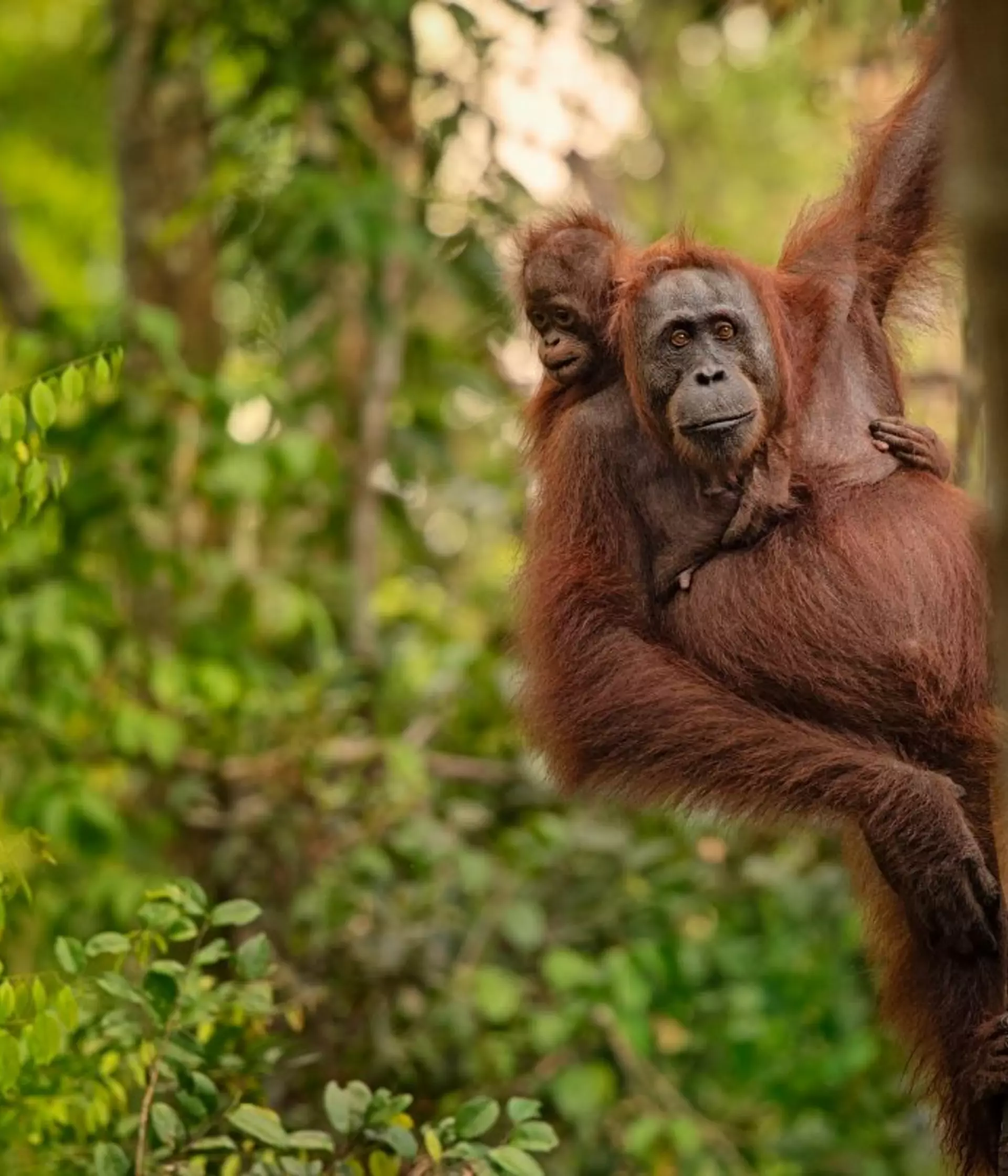In-person
Previous Event
What does it take to conserve fragmented and declining populations of globally threatened large mammals?
In Southeast Asia, there is no longer a single area with 500 individuals of any large terrestrial mammal species with an optimum demography and unrestricted reproductive opportunities.
When conserving the charismatic native species of Malaysia such as orangutan, wild cattle and Malayan tigers, we need to go beyond reactive, short-term interventions - the importance of scale, in time and space is now critical.
This event will showcase the challenges of conserving large mammals in Asia and highlight the threats of inadequate fertility and demography, insufficient food productivity to recover remnant clusters, and the misdirected use of rare large animals as representatives to assert conservation hope. Speakers will discuss the importance of local ecological knowledge and how mobilising small groups of passionate people to implement conservation programmes can help recover populations. Attendees will also hear about what positive conservation action can look like, and what lessons can be learned from the sharp decline of the Sumatran rhino.
Speakers
Dr John Payne has spent 50 years as a practicing wildlife biologist in Malaysia and Indonesia, and during this time has witnessed the risks that come with using large charismatic animals such as the Malaysian rhino as representatives of conservation success. As the Executive Director of BORA, a small, specialist Malaysian wildlife management NGO, John witnessed the deaths of the last two Malaysian rhinos whilst they were under BORA care in 2019. John is the author of The Hairy Rhinoceros: History, Ecology and Some Lessons for Management of the Last Megafauna.
Professor Samuel Turvey is a researcher at the Institute of Zoology, whose work focuses on using evidence-based conservation to guide recovery of some of the world’s most threatened species. Samuel's work also investigates how different types of data can contribute unique insights for conservation – especially for species that are so rare they cannot be studied easily with standard ecological techniques. This research addresses biodiversity conservation in China and on fragile island ecosystems, and aims to provide baselines for conserving ‘neglected’ threatened species such as solenodons, hutias and giant salamanders.
This event was chaired by Dr Andrew Terry, Director of Conservation and Policy, ZSL
Doors will open to attendees at 5:30pm.
6pm Dr Andrew Terry, introduction and welcome
6:10pm Dr John Payne
6:50pm Professor Samuel Turvey
7pm Audience Q&A
7:15pm End
- This event is free to attend but registration is required so we can monitor event numbers. Book your free ticket now.
- The event will feature talks from the speakers, followed by a Q&A discussion. It will run from 6:00pm - 7:15pm, and doors will open at 5:30pm.
- Seats are allocated on a first-come, first-served basis.
- Venue: Huxley Lecture Theatre at the Meeting Rooms of the Zoological Society of London, Regents Park, NW1 4RY. See map (number 2 on the Key).
- Travel: Nearest underground: Camden Town Station; Nearest bus: no. 274.
- ZSL Science and Conservation Events sustainability guidance can be found here.
- For enquiries about this event, please email scientific.events@zsl.org.
- For press enquiries, please contact the ZSL Press Office: press.office@zsl.org.
- Listen to our ZSL Wild Science podcast here or subscribe on your favourite podcast app.
- Follow us on Twitter @ZSLScience to hear about new publications from our researchers, upcoming events and podcast episode releases.
- Follow us on Facebook @ZSLScienceAndConservation to receive notifications about new events.
- To catch up on all our recorded previous events, you can subscribe to our YouTube channel.
- For more information about how to join the ZSL Fellowship programme and engage with a network of thousands who are shaping the future of conservation, please click here.
